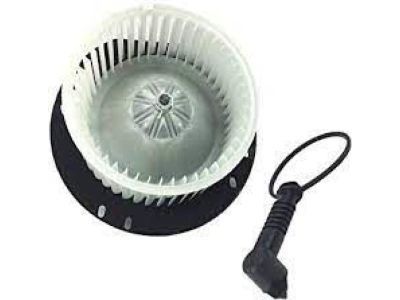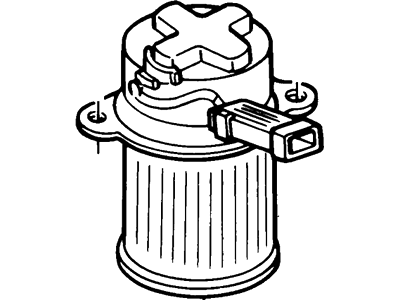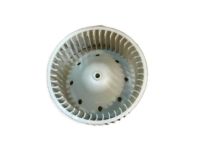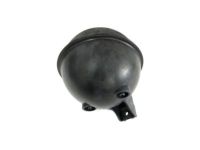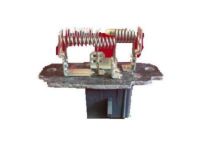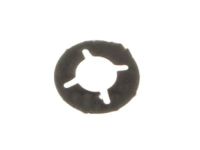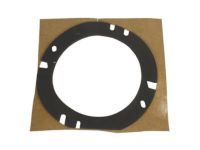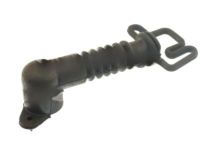To ensure reliability, purchase Ford part # 1L5Z-18456-CA Blower Assembly. It is sometimes referred to as Mercury Blower Motor. In terms of quality and longevity, OEM parts are top-tier. This is because they are made according to Ford's demanding factory specifications and go through strict quality control. This part fits specific Mercury Mountaineer models.
FordPartsGiant.com is a leading supplier of genuine Ford parts and accessories such as Ford 1L5Z18456CA Blower Assembly. On our platform, we provide genuine Ford parts at incredible prices while ensuring top-tier quality. Feel at ease shopping with us, knowing our parts have a hassle-free return policy and rapid delivery service. For detailed Mercury parts information, click here.


